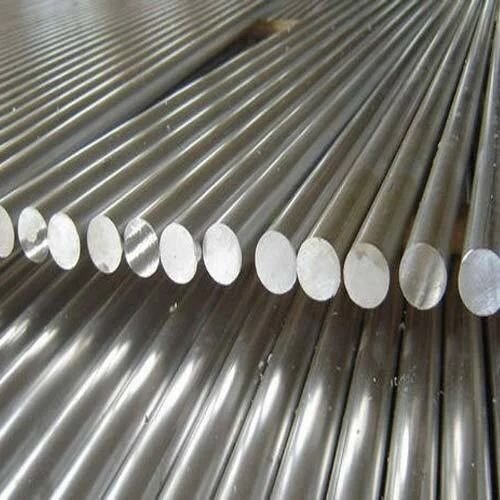304 stainless steel round bars offer excellent corrosion resistance, formability, and weldability, making them suitable for a wide range of applications in various industries.
With proper heat treatment and fabrication techniques, they can be formed into complex shapes and structures while maintaining their corrosion resistance properties.
Physical Properties:
- Density: 8.0 g/cm³
- Melting Point: 1400-1450°C (2550-2650°F)
- Specific Heat Capacity: 500 J/kg·K (0-100°C)
- Thermal Conductivity: 16.2 W/m·K (100°C)
Mechanical Properties:
- Tensile Strength: 515 MPa (74,900 psi)
- Yield Strength (0.2% Offset): 205 MPa (29,700 psi)
- Elongation at Break: 40%
- Hardness, Rockwell B: 92 (converted from Rockwell C)
Features:
- Austenitic stainless steel known for its excellent corrosion resistance, particularly in acidic and chloride-containing environments.
- Versatile and widely used in various industries such as food processing, chemical processing, and architectural applications.
- Offers good weldability and formability, making it suitable for fabrication into complex shapes and structures.
- Resistant to oxidation and high temperatures, making it ideal for use in elevated temperature applications.
- Non-magnetic in the annealed condition but may become slightly magnetic after cold working.
- Maintains its properties over a wide range of temperatures, from cryogenic to elevated temperatures.
Heat Treatment:
- Annealing: Heat to 1010-1120°C (1850-2048°F), followed by rapid cooling in air or water to avoid sensitization.
- Stress Relieving: Heat to 450-850°C (840-1560°F) for 1-2 hours, followed by air cooling.
- Hardening: Cannot be hardened by heat treatment, but cold working can increase hardness and strength.
- Welding: Suitable for welding using common methods such as TIG, MIG, and resistance welding. Preheating and post-weld annealing may be required to avoid sensitization and maintain corrosion resistance.
